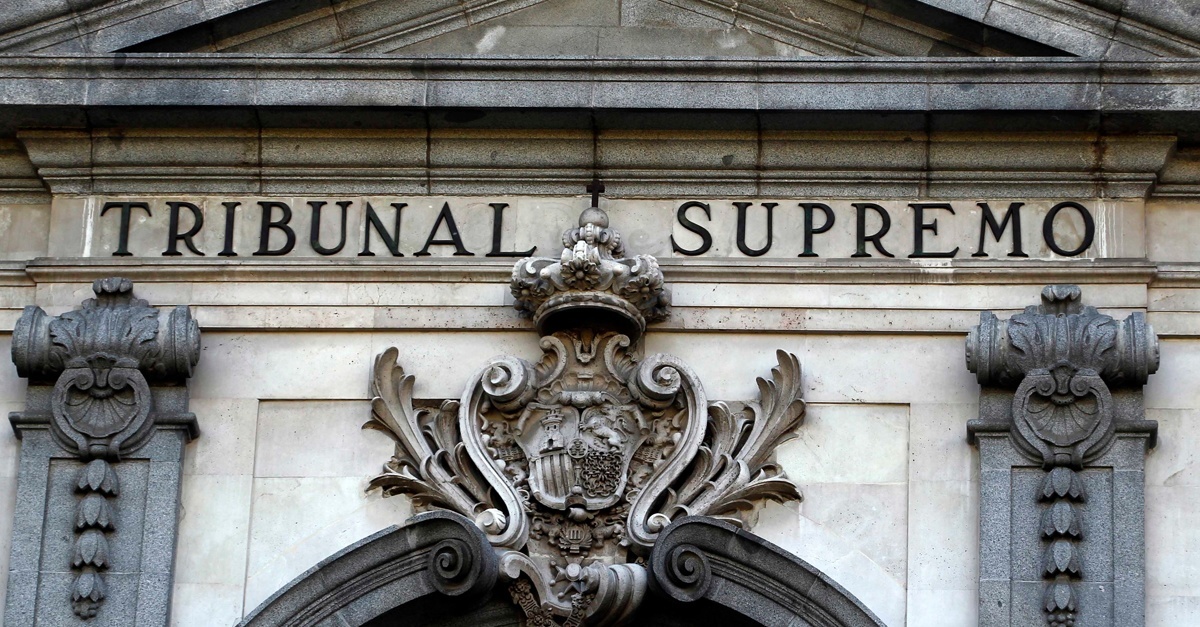Precautionary measures in contentious matters as a guarantee of effective judicial protection

The effectiveness that the Constitution explicitly claims for the judicial protection of legitimate rights and interests (art. 24.1 CE) makes precautionary measures an instrument essential to guarantee, in real terms, the execution of the sentence that, in its day, puts an end to the process and, therefore, the very usefulness of the process. And it is that, as has been repeated so many times by the Courts, the time necessary to obtain reason should not cause harm to whoever is right.
For this reason, precautionary measures constitutea guarantee of the effectiveness of judicial protection as a fundamental right recognized in art. 24.1 EC. The jurisprudence of the ordinary Courts, the Constitutional Court and the Court of Justice of the European Communities in this sense is so reiterated and peaceful that it excuses its appointment. Valid by all, the affirmation of our Constitutional Court that “judicial protection is not such without precautionary measures that ensure effective compliance with the final resolution that falls in the process” (STC 14/1992)
Precautionary protection, an essential instrument in all processes to avoid that their long duration makes them lose their usefulness (periculum in mora), it is especially so in the contentious-administrative process, among other reasons because administrative acts enjoy the prerogative of enforceability (arts. 56 and 57.1 LRJPAC, current 38 and 39 of the new Law 39/2015, of October 1, of Common Administrative Procedure of Public Administrations (BOE 2 October 2015 ), which manifests itself in the most harmful way when it affects a business activity, in progress.
And, although it is true that the Constitutional Court has declared that the prerogative of the enforceability of administrative acts is not contrary to art. 24.1 EC, it is no less true that at the same time it has made two clarifications of capital importance: the first, relative to the scope of that compatibility, in the sense that the enforceability of administrative acts “in general and abstract terms< /em>” cannot be deemed incompatible with art. 24.1 EC (STC 66/19847 and AATC 458/1988, 930/1988 and 1095/1988); the second, referring to the limit of enforceability, stating that in the exercise of self-protection the Administration has to respect fundamental rights because “… although efficiency can support the constitutionality of administrative self-protection, it cannot do so at the expense of other prevailing constitutional values” (STC 22/1984).
These important statements of the Constitutional Court have been interpreted by the doctrine in the sense that the constitutional basis of administrative self-protection is an abstract or generic basis , but to the extent that it is justified by the need to effectively serve the general interest, it must be concluded that the administrative act will be deprived of said quality when the general interest does not require its immediate execution, which occurs when its legality is in question before the Courts.
Hence, today it has been concluded that the right to effective judicial protection requires a “reinterpretation” of the prerogative of enforceability that The most important manifestation is the fact, of capital importance, that the request for precautionary protection in the contentious-administrative process produces the immediate effect of suspending the enforceability of the act until the judicial body has ruled on it. It is no coincidence, therefore, that the new Jurisdiction Law –unlike what the 1956 Law did, and Law 39/2015 and its precursor LRJPAC still do today– dispenses with saying that the filing of the appeal does not suspend, and it is that, in the new constitutional configuration of the enforceability, the contentious-administrative appeal with request for precautionary protection does suspend, at least when the act in question is clearly harmful or prejudicial. This has been recognized for a long time by the ordinary Courts (Auto of the National Court of January 18, 1990), and finally the Constitutional Court in its important Judgment 78/1996.
Well, having said all this, it seems clear that when going to the process to obtain effective judicial protection and precautionary protection is requested to prevent the appeal from losing its purpose, the first What the judicial bodies will have to consider is to what extent the public interest requires the immediate execution of the act and to what extent the other interests in the presence are definitively hurt, because these must be the determining factors to define whether the appeal, in If precautionary measures are not adopted, it will lose its protective purpose.






